In 2025, for the tenth time in a row, we show an up-to-date picture of the cybersecurity landscape with our study "Cybersecurity in Austria" in cooperation with the Sicherheitsforum Digitale Wirtschaft des Kompetenzzentrum Sicheres Österreich (KSÖ). Based on the experiences of 1,391 domestic companies on the topics of cybercrime and security as well as interesting interviews with 26 experts, the study provides an exciting overview of current trends and new challenges.
Trust: The currency of Cybersecurity
Austria faces a dynamic environment full of geopolitical conflicts in 2025. Digitization and artificial intelligence (AI) permeate all areas in the public and private spheres. They offer opportunities, but at the same time increase the attack surface for threats.
Cybercriminals exploit vulnerabilities in real time, abuse supply chains and manipulate data. Threats come from criminal networks, state-controlled actors, hacktivists, and AI-powered attacks. Cyberattacks are more complex and often part of hybrid conflicts that combine military conflicts with cybercrime and disinformation.
In this increasingly complex digital world, trust is the highest good and this trust can only be achieved together.
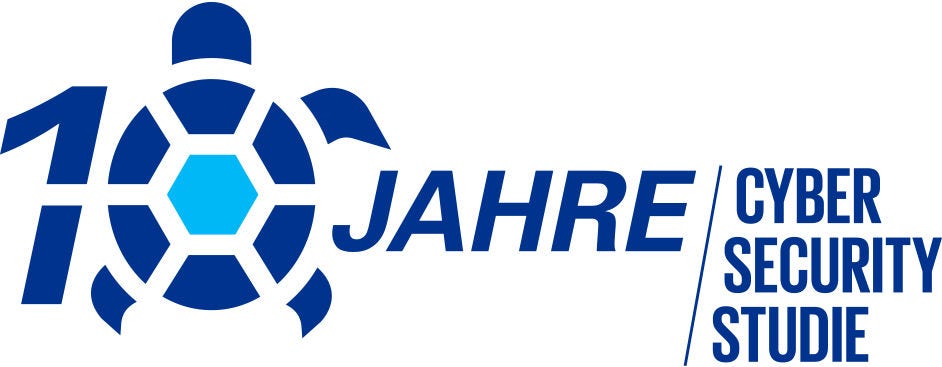
Key Findings of the Cybersecurity Study
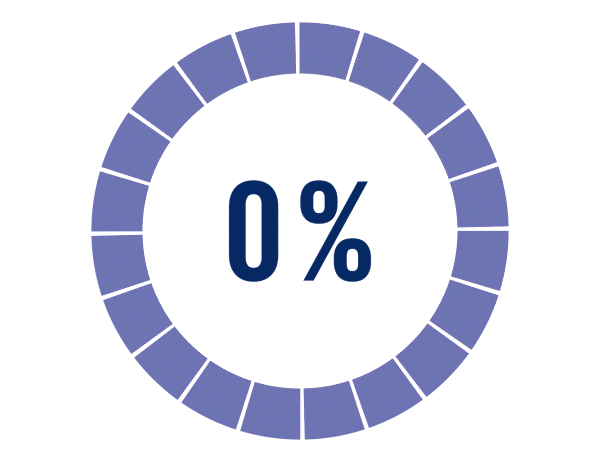
Every 7th cyberattack in Austria is successful .
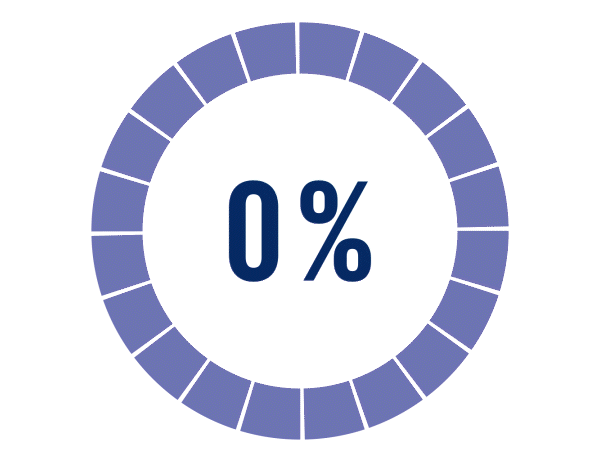
More than 1 in 4 attacks (28%) can be traced back to state-backed actors.
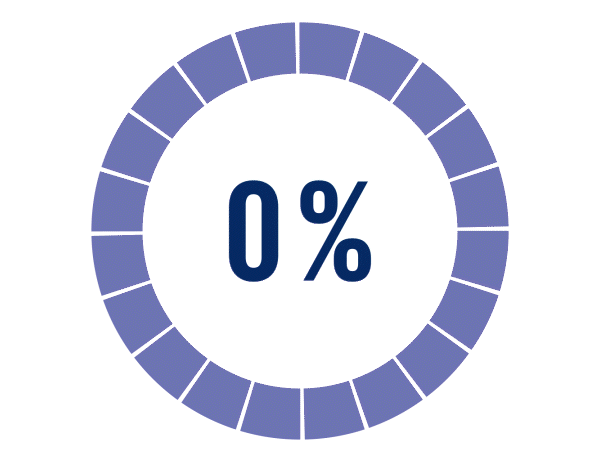
1 in 3 companies (32%) had suppliers or service providers that were victims of cyberattacks which had a significant impact on their own company.
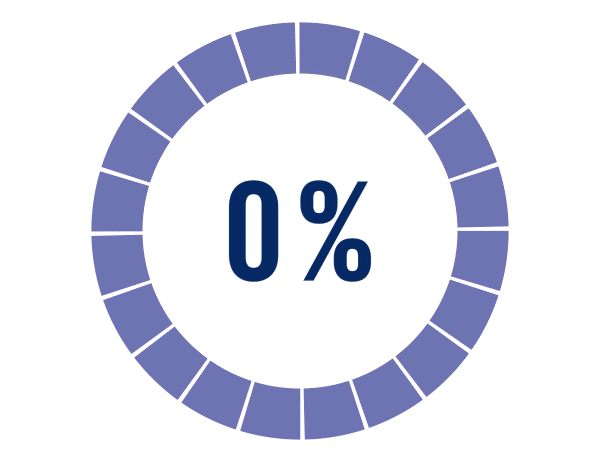
62% were able to identify cyberattacks with the help of their own employees – ahead of technical solutions and systems.
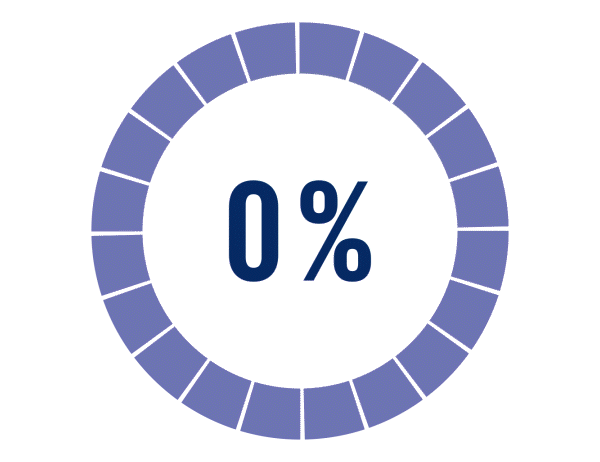
1 in 10 social engineering attempts already uses deepfake for voice and video messages.
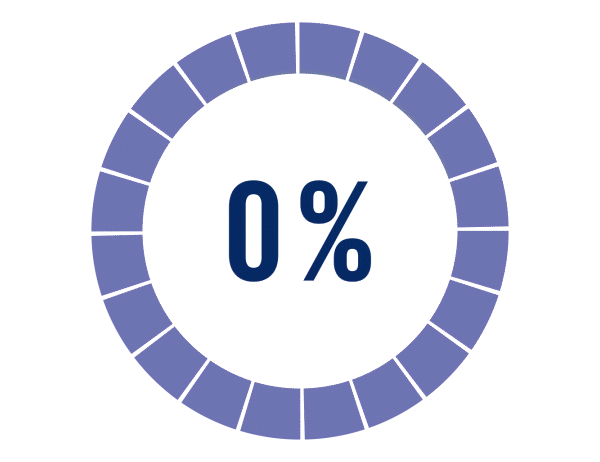
17% say that AI has improved cybersecurity. So AI has not yet brought the hoped-for progress.
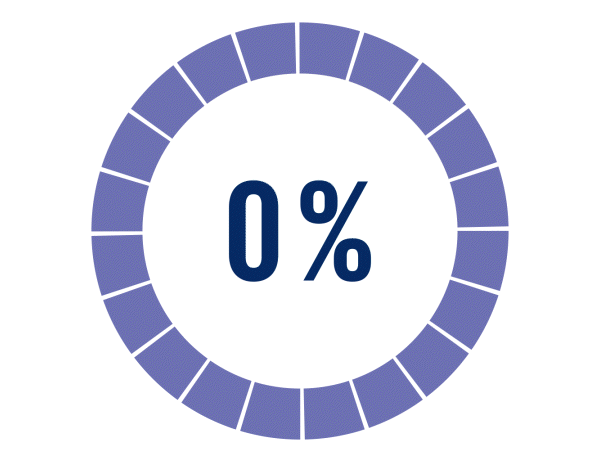
55% say that Austria is not well prepared to respond to serious cyberattacks against critical infrastructure.
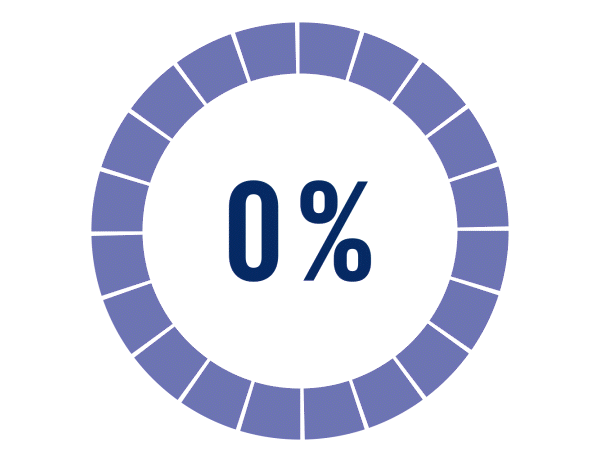
60% would prefer to use security solutions from Austrian companies – an increase of 23% compared to the previous year.
10 years of Cybersecurity in Austria
Our Cyber Leaders Academy
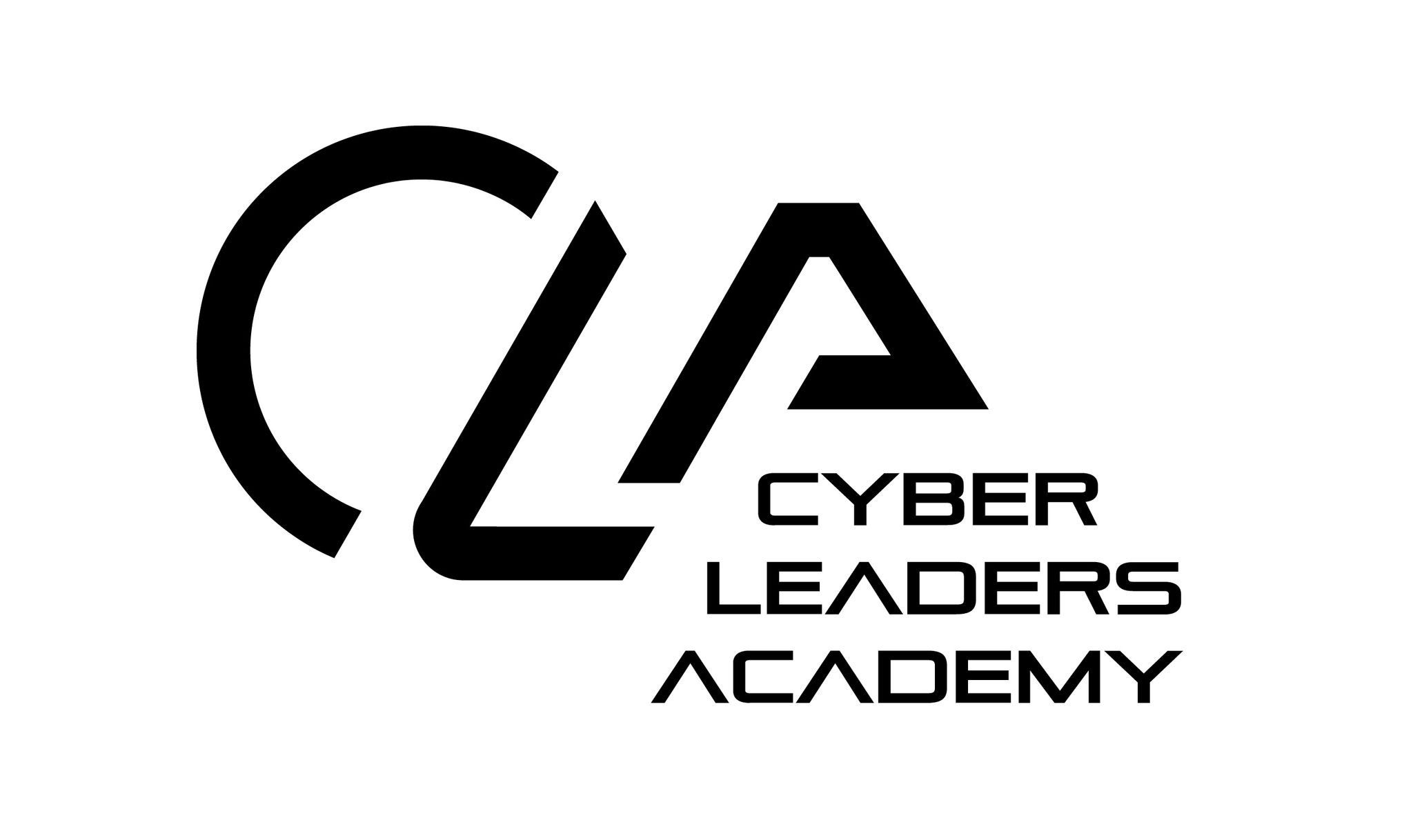
The Cyber Leaders Academy is an unique association of leading consulting, auditing and education experts in the field of cybersecurity. Our common goal is the holistic education and training of administration, supervisory bodies, executives as well as security and risk managers.



